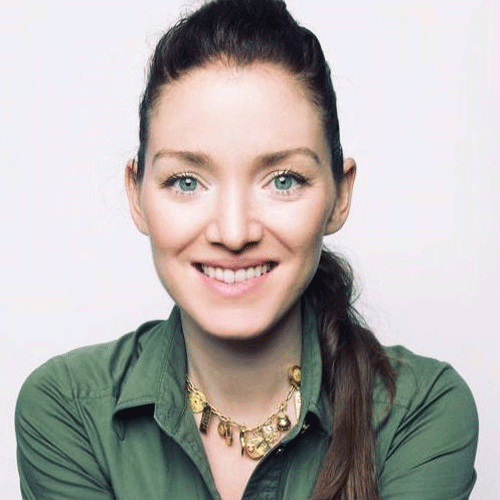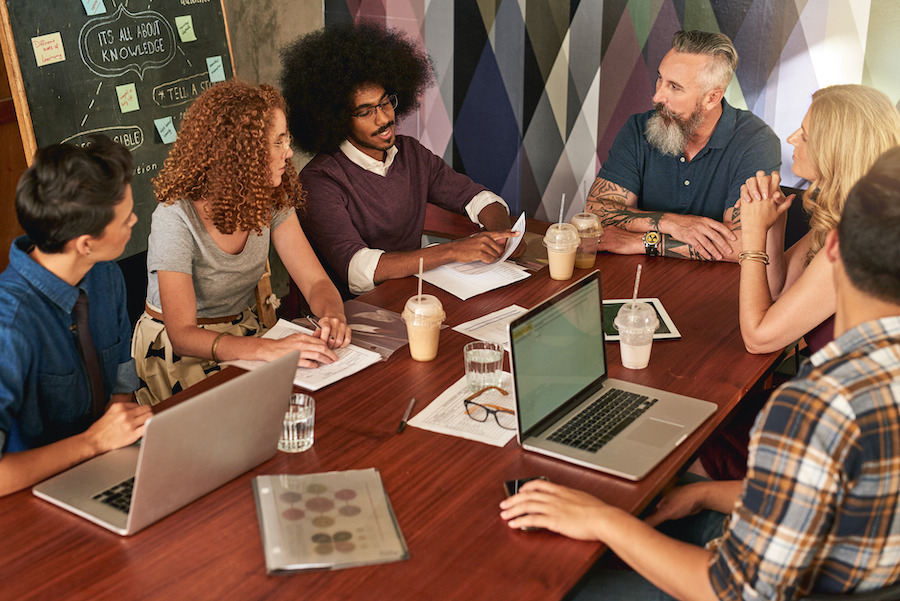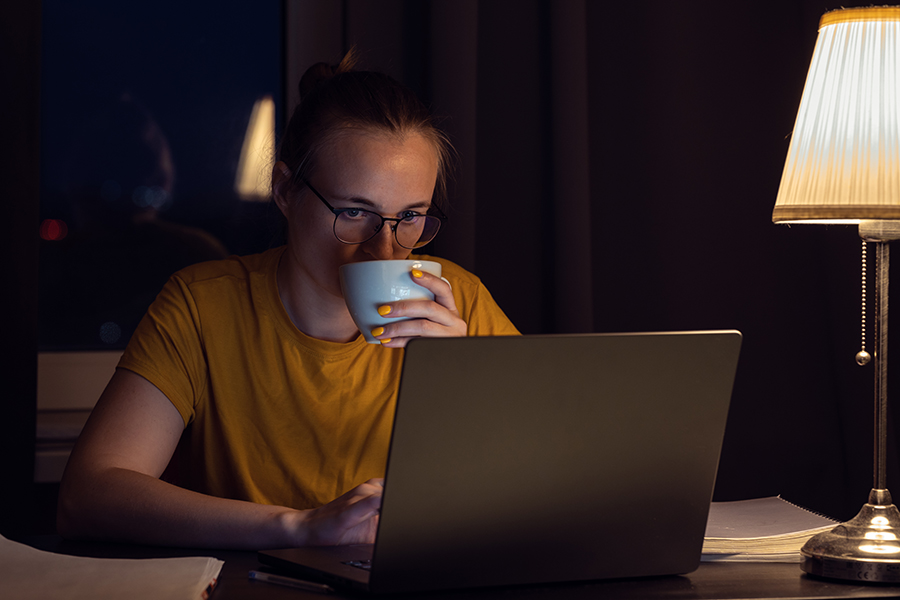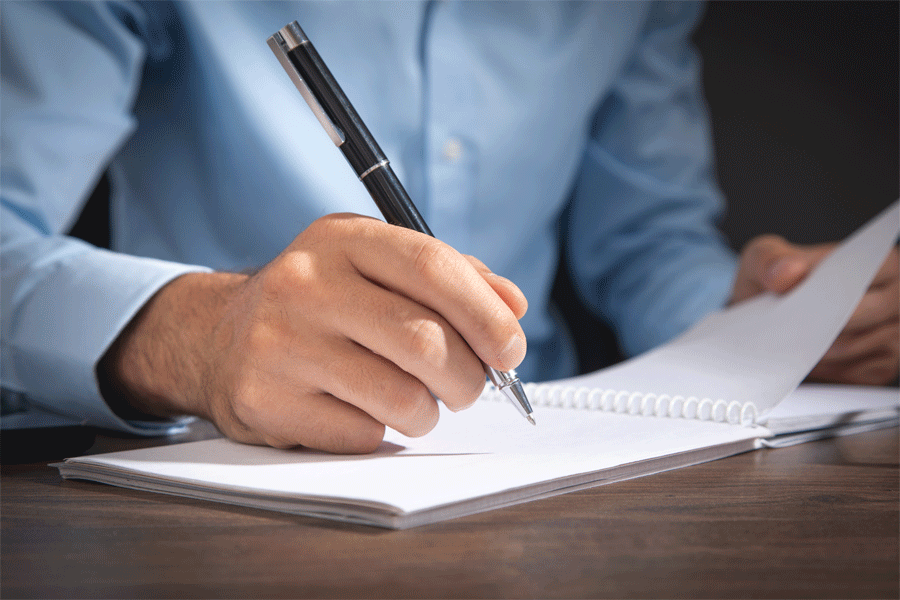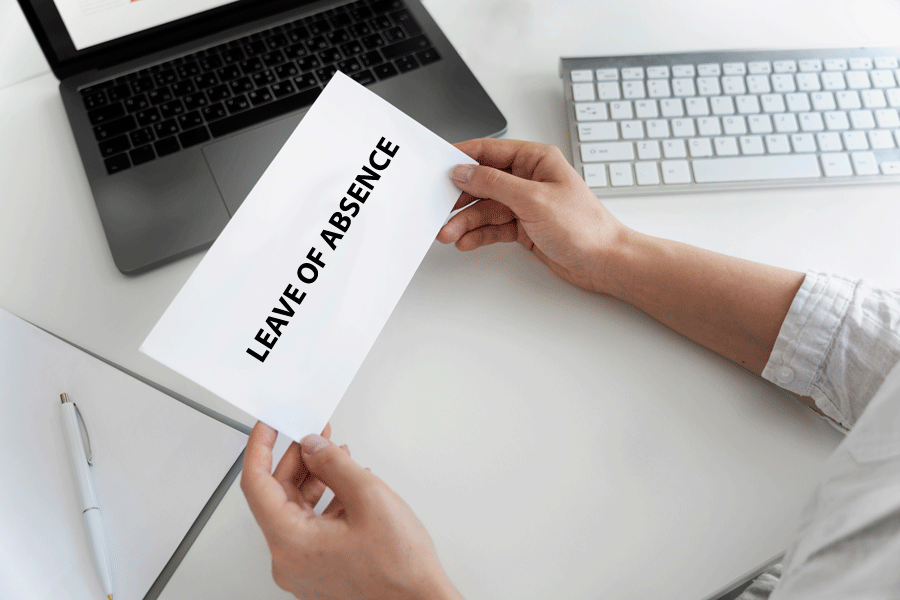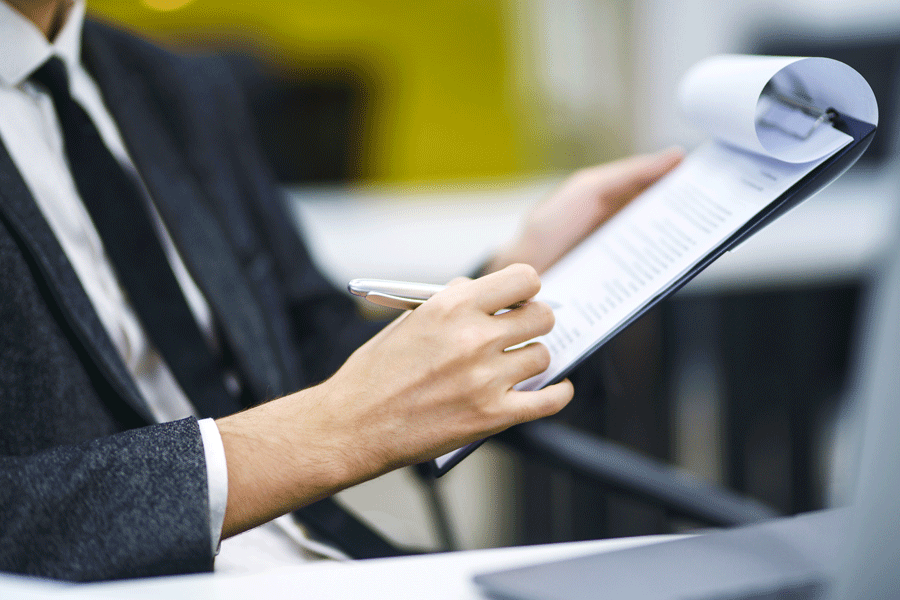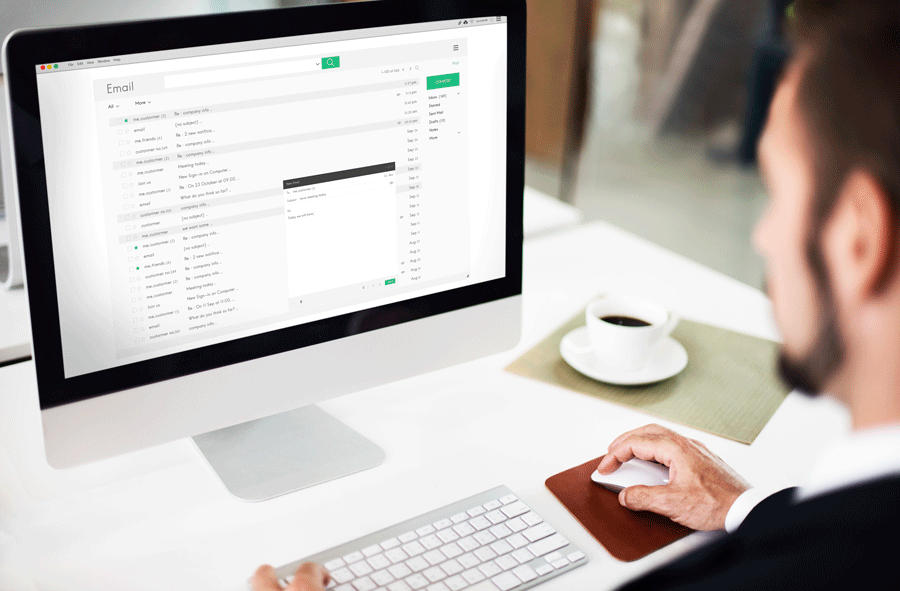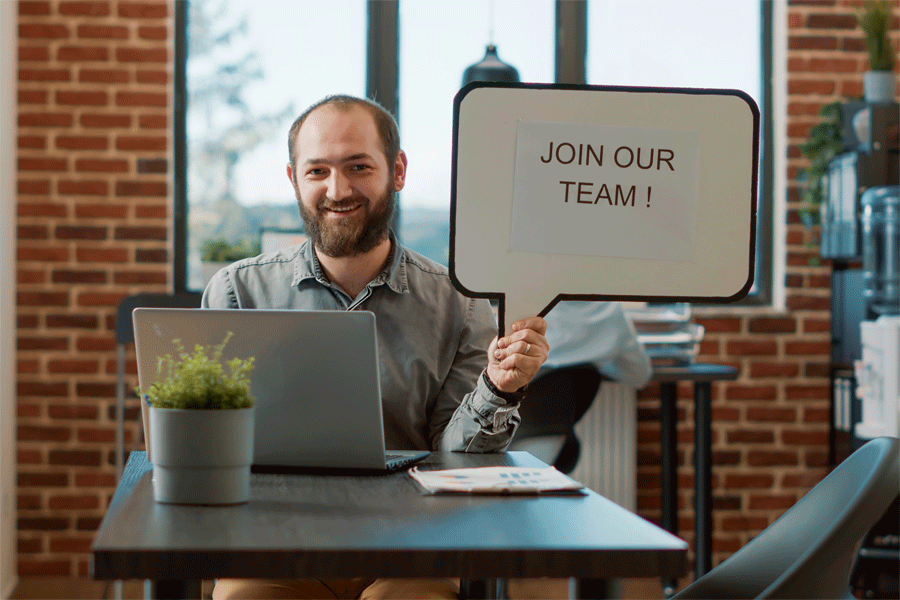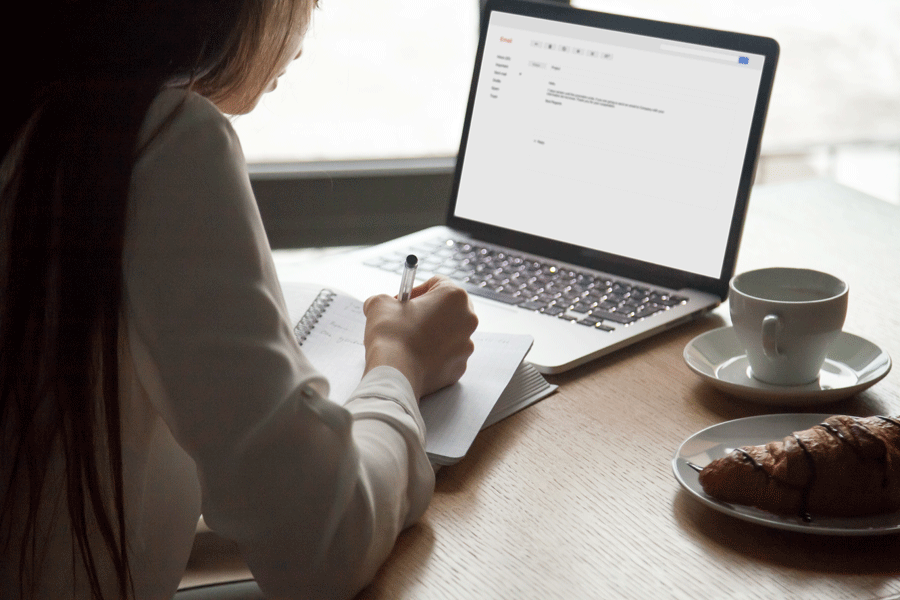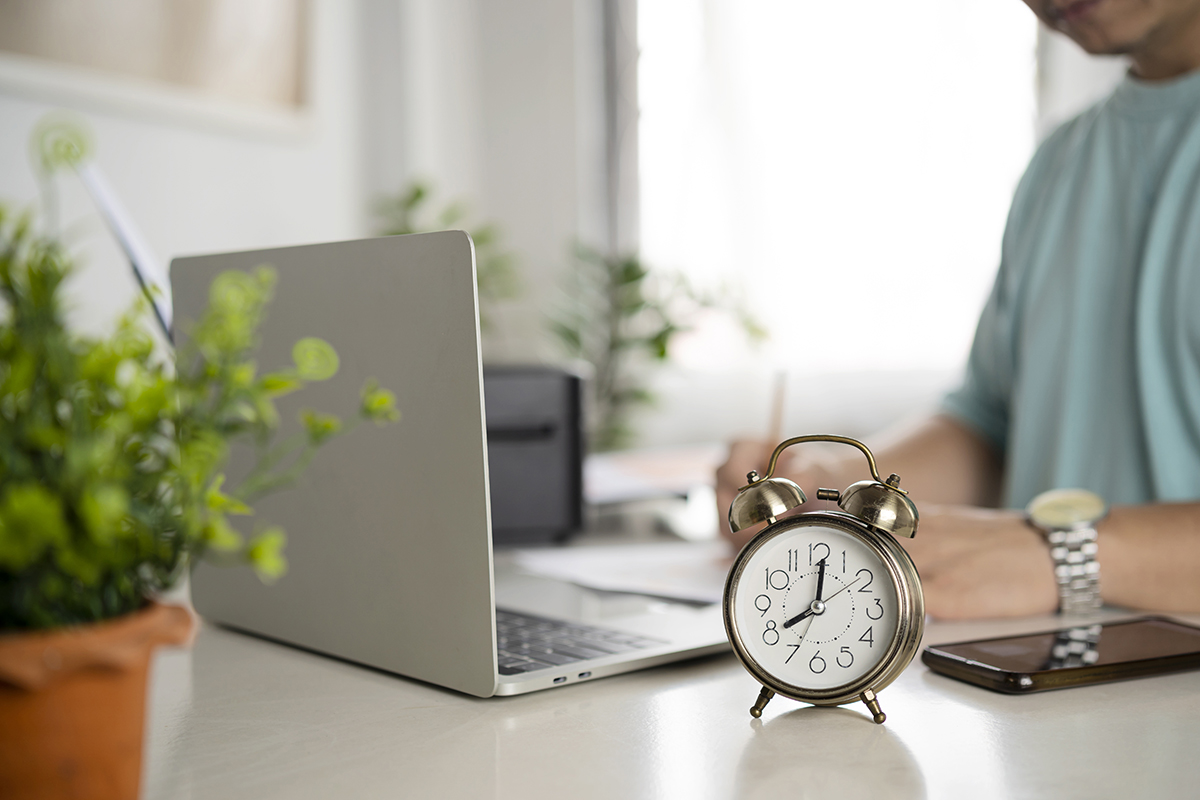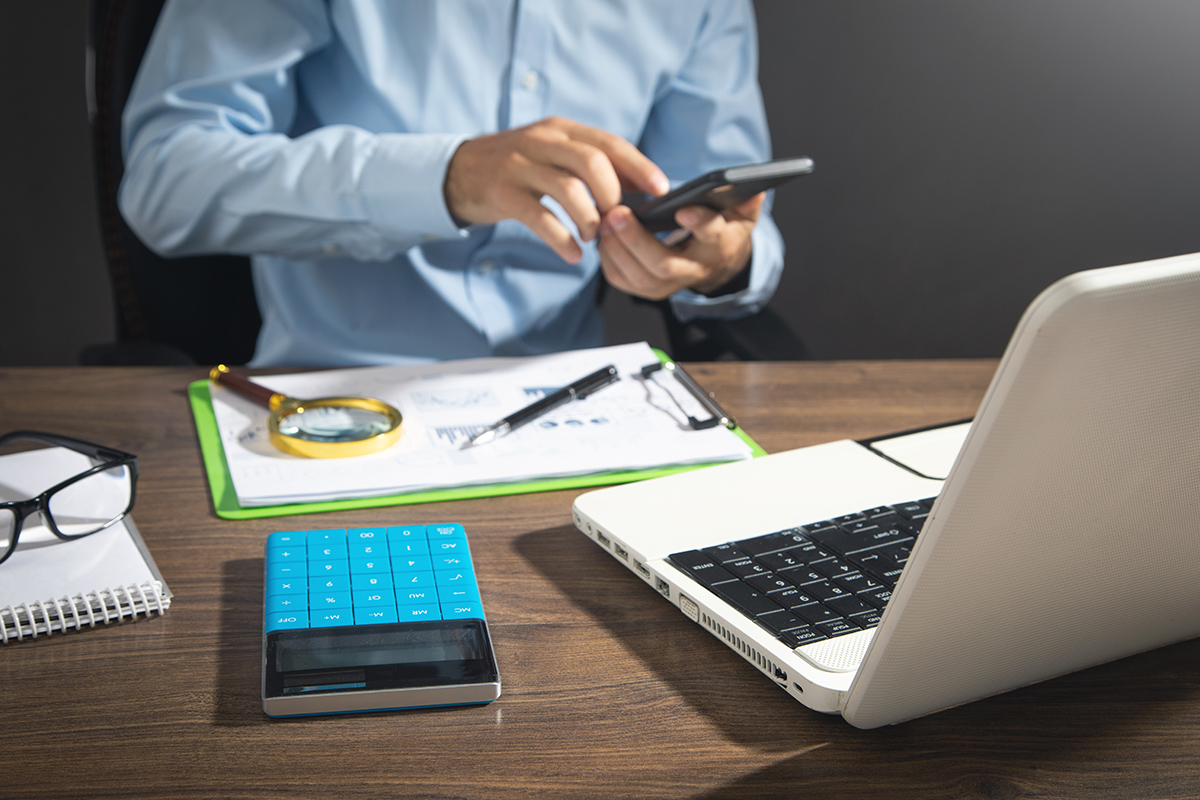After a phone interview, a thank-you email can be decisive for selection. Thanking the interviewer for the opportunity and being respectful reminds the recruiter that you are interested in the position and waiting for feedback.
Free Templates and Examples
Here are free customizable templates to be downloaded:
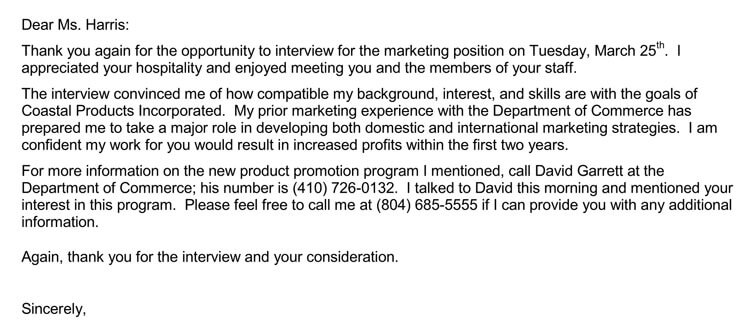
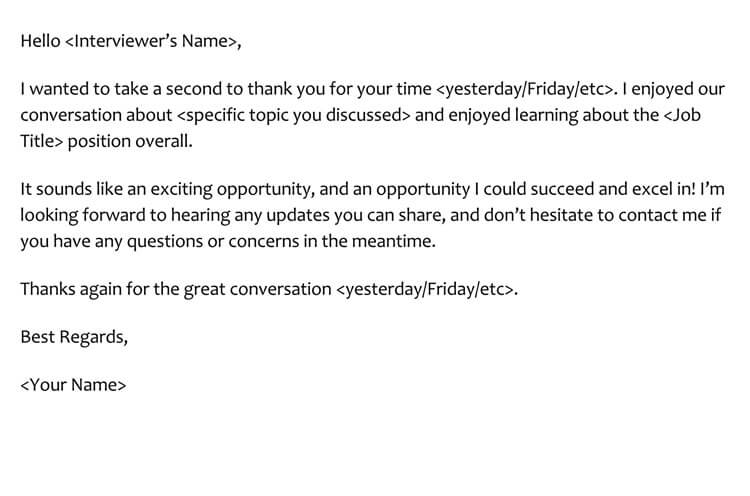

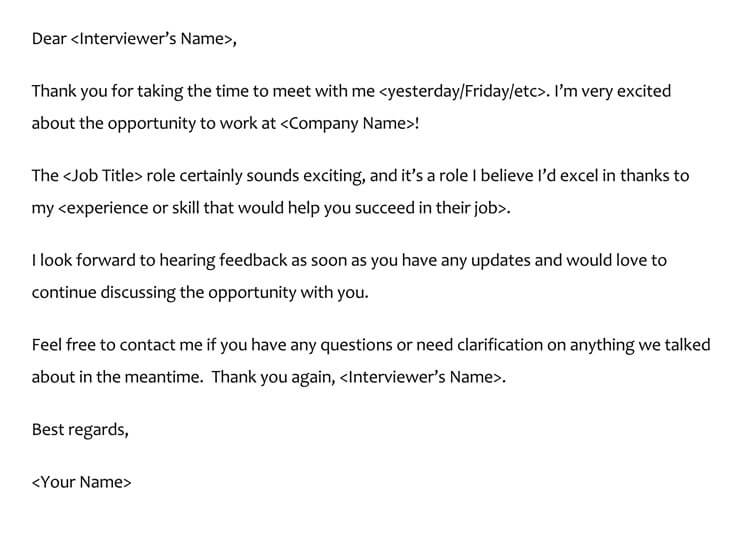
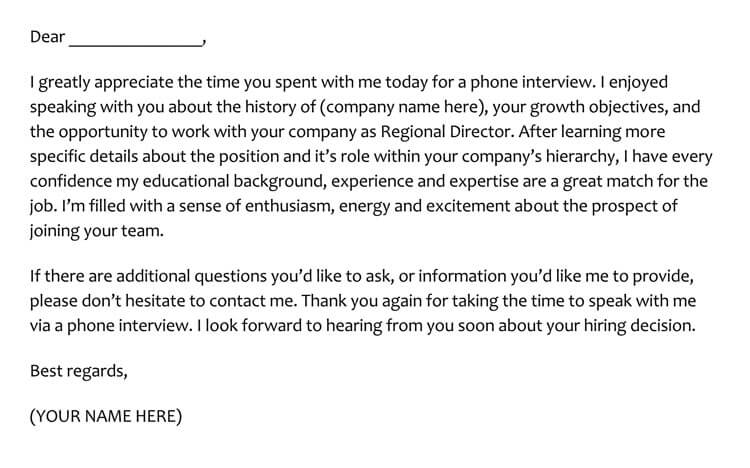
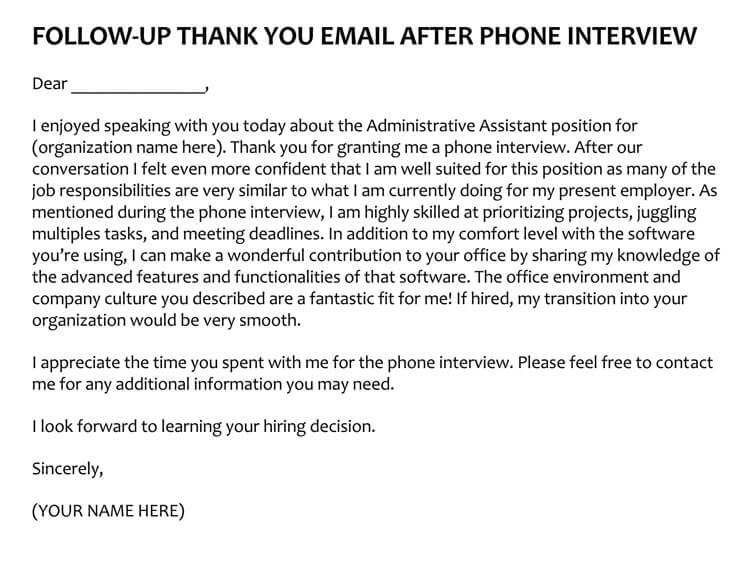
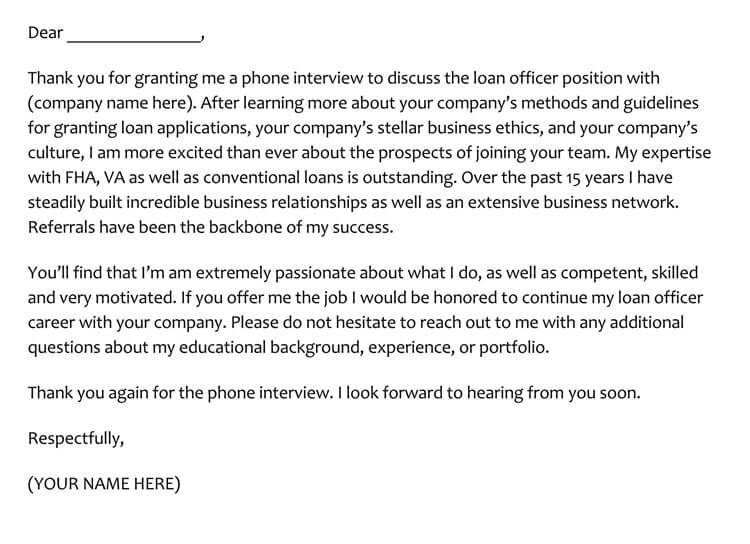
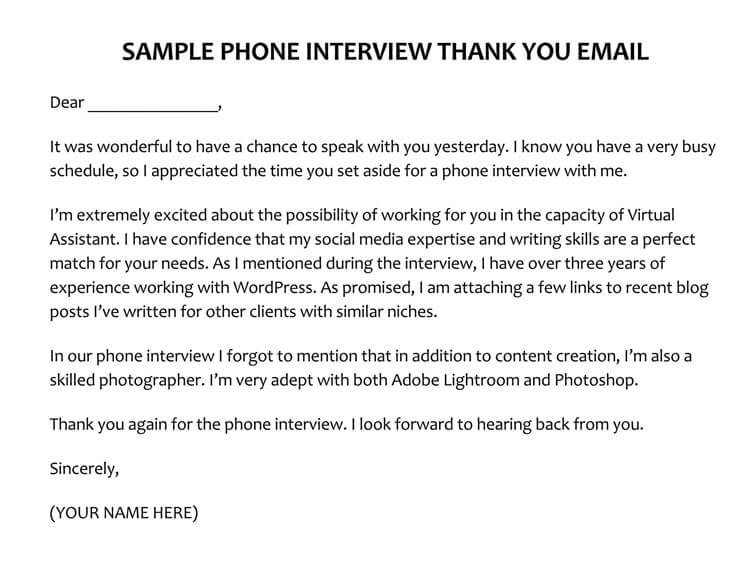
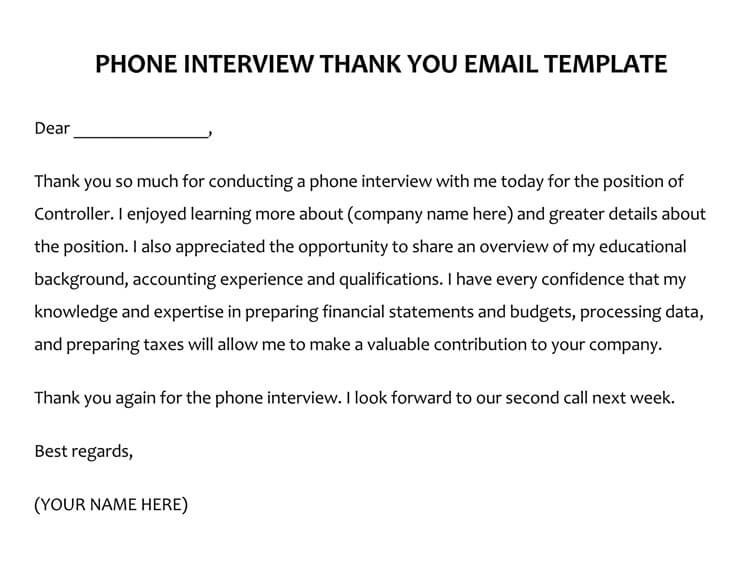
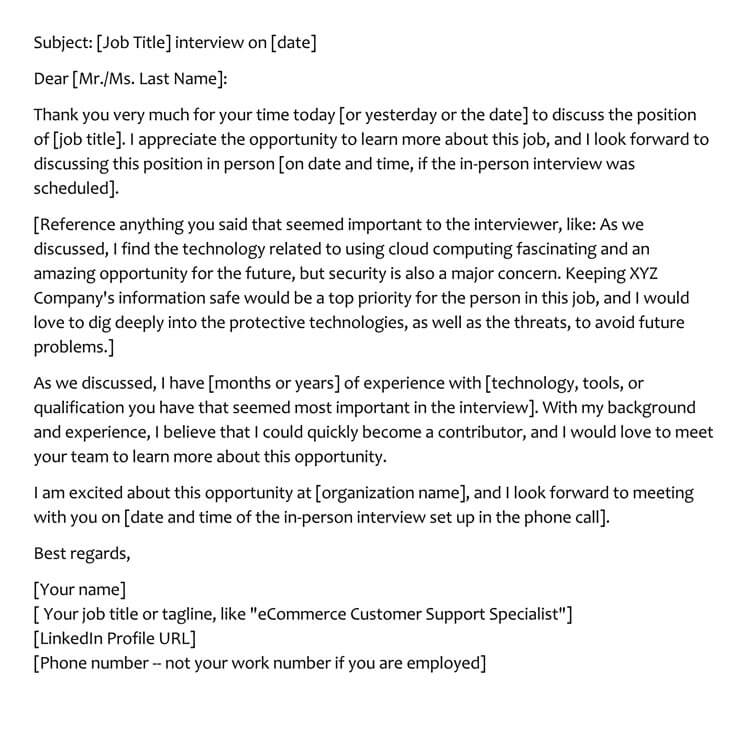
Pre-Writing Considerations
Many people after a phone interview are passively awaiting feedback, and this passivity can indicate that one is not as interested as other candidates. The information that follows is an article about why it is essential to send a thank-you email, when is the right time to send the email, and what to write in it.
A thank-you email after a phone interview is an excellent opportunity to show your interest in a job position. It also shows that one can communicate professionally. From the moment the recruiter receives the email, one’s application can be seen from a new perspective, as one has taken a step beyond the rest of the candidates. In addition to thanking the interviewer, one can take the opportunity to reinforce some points that make them the ideal candidate for the position.
One should send the email when one’s meeting with the recruiter is still fresh in their mind to make an easier connection between the email sender and the person they interviewed over the phone. Do not wait more than 24 hours to show gratitude for the opportunity.
Thank-you email vs Thank-you note
Most people recommend that a thank you note via email is well accepted by most companies as it is easy and one can receive a quick response. In addition, a note sent by mail takes a few days to arrive and can be placed on someone’s desk for days without them noticing. Still, highly conservative companies may pay more attention to the paper version.
Writing a Thank You Email
The best way to craft the email is to create a unique, personalized message. It is not ideal for the message to be over-standardized, as this denotes a lack of commitment and little concern for quality.
What follows is a guide covering the process of crafting a personalized email:
Gather information during the interview
In preparation for writing the email, take notes during your phone interview. Make sure that one has written the name of the person who conducted the interview (after asking about the correct spelling) and their title. Also, confirm the email addresses of the people involved in the interview. Finally, write down the questions that were asked during the conversation and, in particular, any issues that came up that were not fully addressed.
Subject line
The subject line of the email should not be informal. Emails with the subject “Hi” or “Contact” do not look professional and may get flagged as spam. Make the goal clear. Do not exceed 75 characters in the title, if possible, as some email clients do not display more than 40 characters in the title, so keep in mind that the message may not even be displayed completely.
The following are examples of subject lines that one can use in the email:
EXAMPLE
- Thank you: the interview for [Name of position]
- Thanks: interview for [position]
- Thanks for the interview [position] on [date]
- Thank you for the opportunity: [position]
- Thanks for the interview opportunity: [position]
- Thank you for taking your time: [position]
- Thanks for your time: Interview for [position]
- Thank you for your time: [Name of interviewer]
- Thank you for the meeting: [Name of interviewer]
- Following up on our conversation: [Name of interviewer]
Appropriate greeting
Use a formal, professional greeting that suits the industry and mention the name of the interviewer. Avoid informal greetings, even though some companies do accept them. Use the appropriate vocative whenever possible.
EXAMPLE
Dear XYZ.
Body paragraph
In the body paragraph, introduce yourself by stating the name and the position for which you have applied, and proceed to say thanks for the opportunity. The body paragraph is key to reaffirming one’s interest in the position and the company. To make the most of it, highlight a positive aspect of the company and briefly show how one’s skills would contribute to the position.
Show an understanding of the company’s needs, highlighting the key phrases used by the interviewer and reflecting them in your email. However, keep the tone of the letter formal unless the company has a different policy.
EXAMPLE
“My name is ABC, and I am writing to thank you for the time you dedicated to me in the interview last Monday, June 11, for the position of [job title] in your company [state name]. The interview allowed me to learn more about your company and your team. It helped me better understand the position’s expectations and growth objectives. I am convinced that my technical skills and my knowledge of the sector will make me successfully perform the role of (name of the vacant position).”
Closing
To close the email, let the interviewers know that one is open to providing more information, answering any questions that were not addressed in the interview, and references that the company requires. If there is a subsequent interview, take advantage of the closing section to request the date.
EXAMPLE
“As you could see in the interview, my training, ability to lead teams, and knowledge of the sector are adjusted to your requirements, so I think I could add value to the department.
I am waiting for you to confirm the time and date of the next interview, as well as to complete any additional information that is required.”
Signature
Adding a signature to an email is a part of professional communication. It is recommended to mention one’s first and last name and add the contact information since this will facilitate the interviewer’s contact for any additional information.
EXAMPLE
Name
Contact number
Email address
Sample Thank Emails After the Interview
Following are a few samples for developing a better understanding of the sentence structure and format:
sample 1
Subject: Thank You for the Opportunity – Jane Doe
Dear Mr. Smith,
I hope this message finds you well. I wanted to extend my sincere gratitude for the phone interview earlier today for the Project Manager role at Innovatech Solutions. It was a pleasure to learn more about the team’s work and the potential challenges I might face in this role.
Our discussion reinforced my enthusiasm for the position and my belief that my skills in strategic planning and team leadership would be a valuable asset to your team. I am particularly excited about the upcoming GreenTech project that aims to innovate in sustainable technology.
Thank you once again for this opportunity. I look forward to the possibility of contributing to the success of Innovatech Solutions and am eager to bring my expertise in project management to your esteemed team.
Warm regards,
Jane Doe
jane.doe@email.com
555-123-4567
sample 2
Subject: Thank You for a Great Conversation – Jane Doe
Dear Tom,
I just wanted to drop you a quick note to say thank you for the insightful conversation we had today about the Graphic Designer role at Creative Design Studio. It was fantastic to hear about the collaborative approach your team takes towards design projects, and I’m genuinely excited about the prospect of being able to contribute to such innovative work.
I was particularly struck by your emphasis on creativity and teamwork, and it left me feeling even more enthusiastic about the opportunity to join your team. I am confident that my experience in visual storytelling and digital design aligns well with the goals of your team.
Thank you again for considering me for this role. I am very much looking forward to the possibility of working together and contributing to Creative Design Studio’s continued success.
Best Regards,
Jane Doe
jane.doe@designmail.com
555-987-6543
Key Takeaways
These sample emails are effective guides for someone seeking to write post-interview thank-you messages for several key reasons:
- Both emails maintain a professional and respectful tone, essential in business communication. The first sample email uses a more traditional and corporate approach, suitable for a wide range of industries, while the second sample email adopts a friendly tone, ideal for creative or less formal environments.
- Each email has a clear and concise subject line that directly references the interview, making it easy for the recipient to identify the purpose of the email.
- Both emails effectively express gratitude for the interview opportunity, an important aspect of post-interview etiquette. This acknowledgment helps in building a positive relationship with the interviewer.
- Each email references specific details discussed during the interview, demonstrating attentiveness and genuine interest. This personalization shows that the candidate is engaged and has thought carefully about the role and the company.
- The emails reiterate the candidate’s enthusiasm for the position and highlight how their skills align with the job requirements. This reaffirms the candidate’s suitability for the role and their keen interest in the opportunity.
- Including contact details at the end of the email ensures that the interviewer can easily reach out for further communication.
- Both emails are concise yet comprehensive. They convey all necessary information without being overly long, respecting the recipient’s time.
More Templates
For your additional ease, we have provided some more templates for you to choose from below:
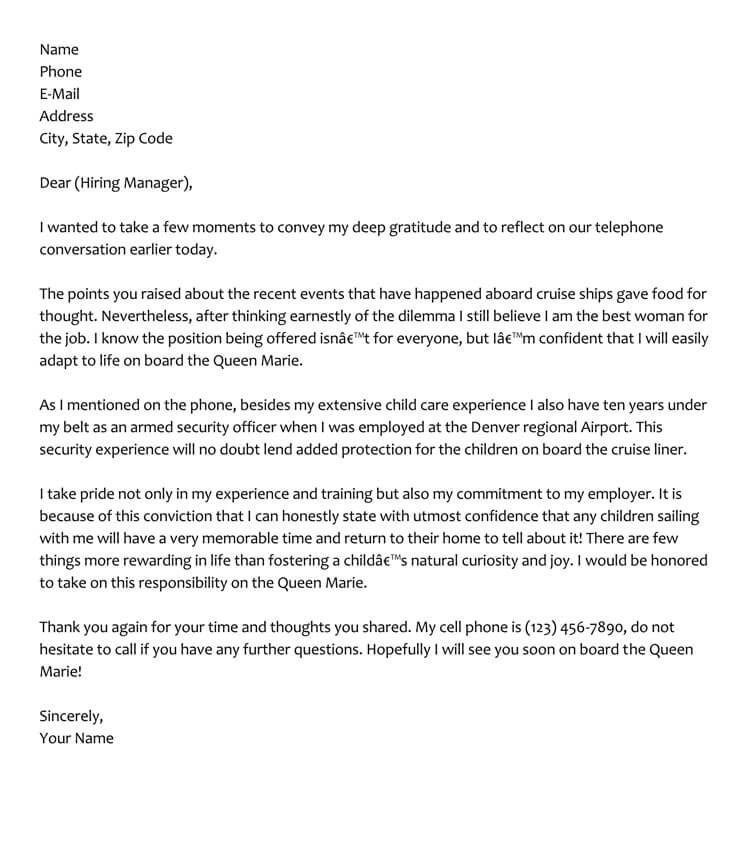
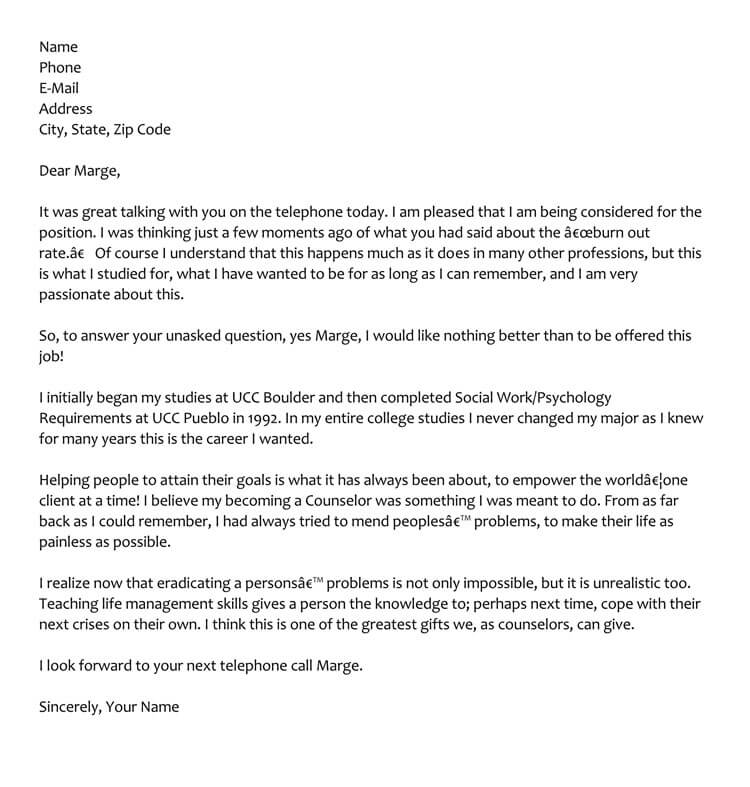
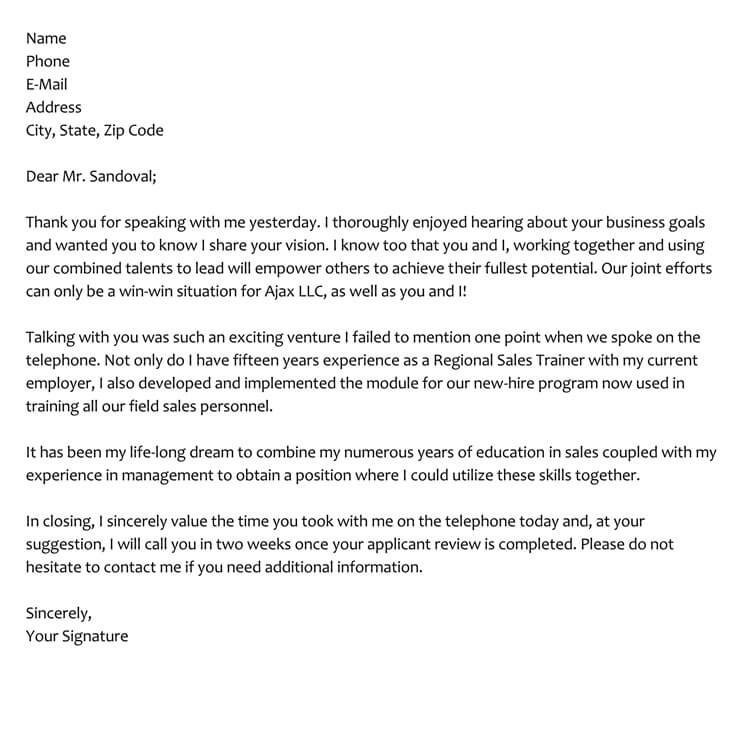
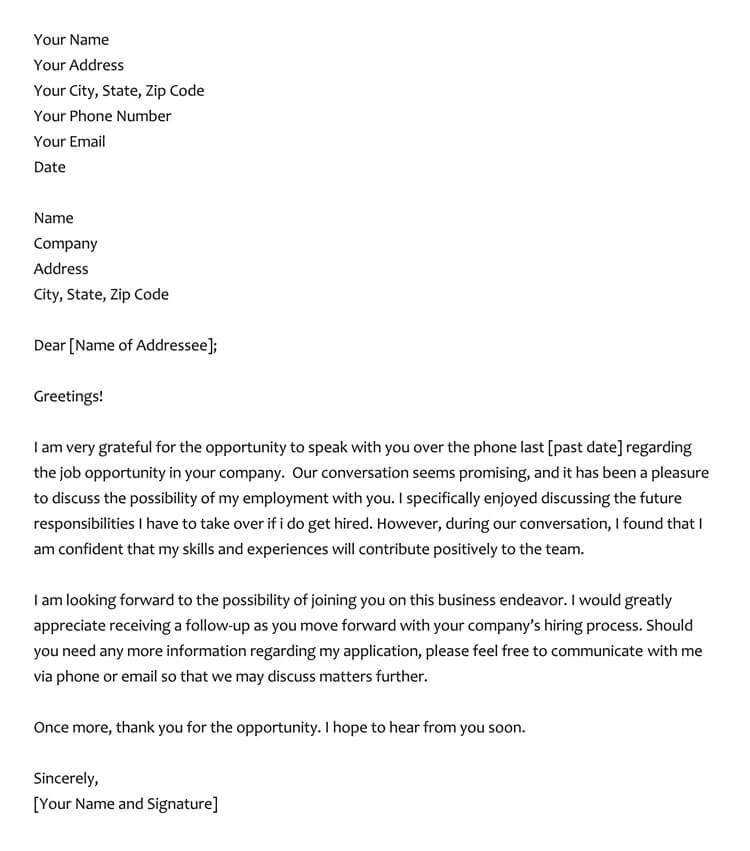
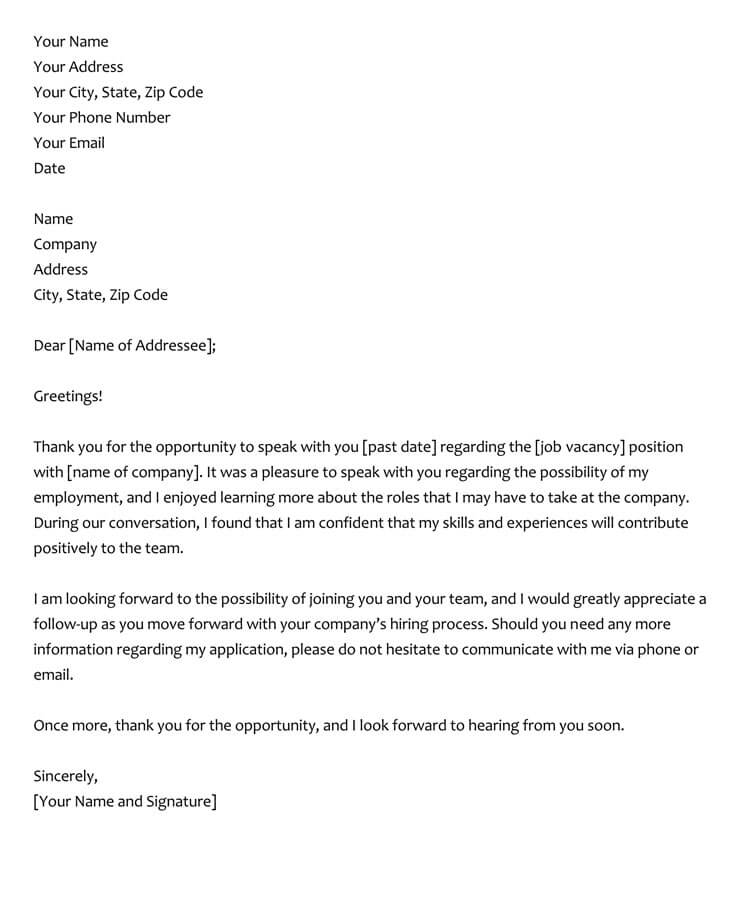
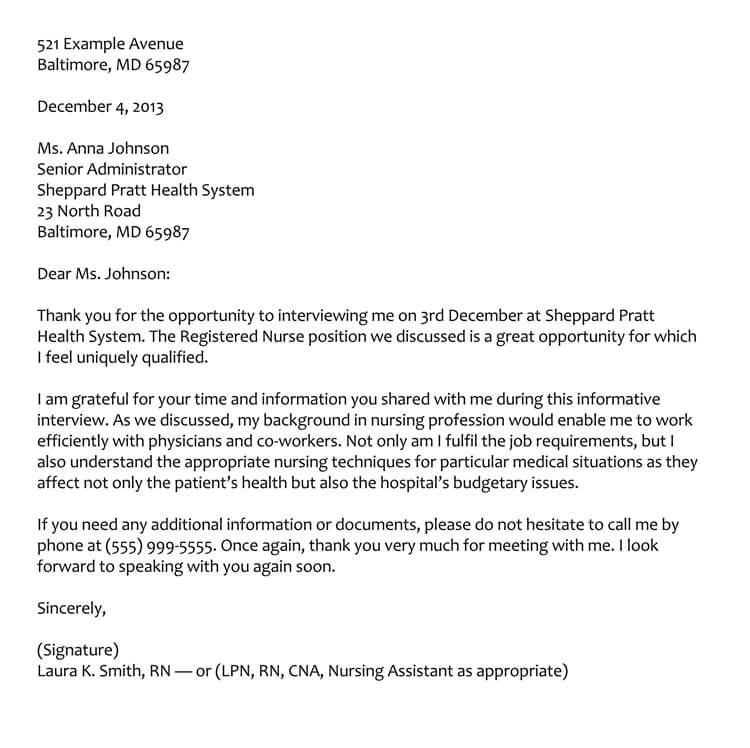
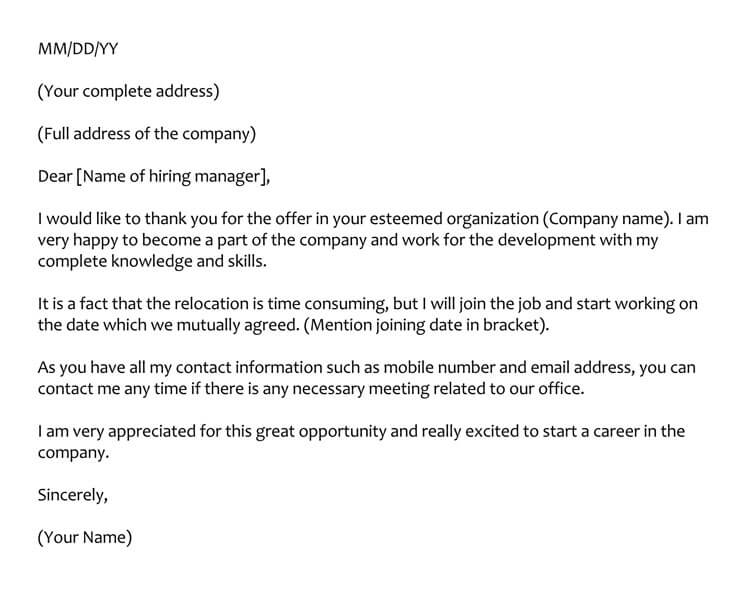
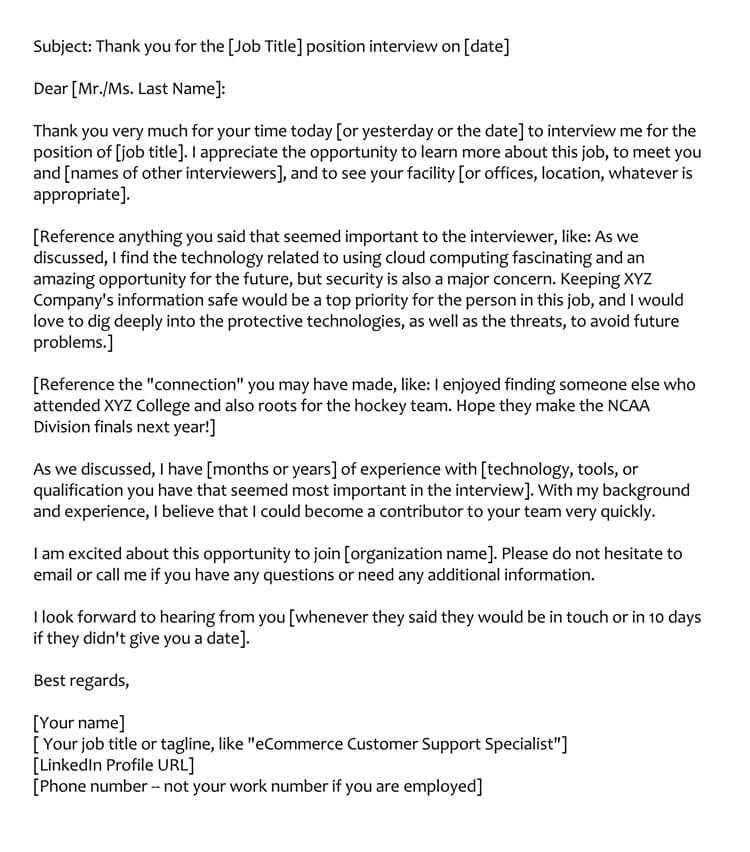
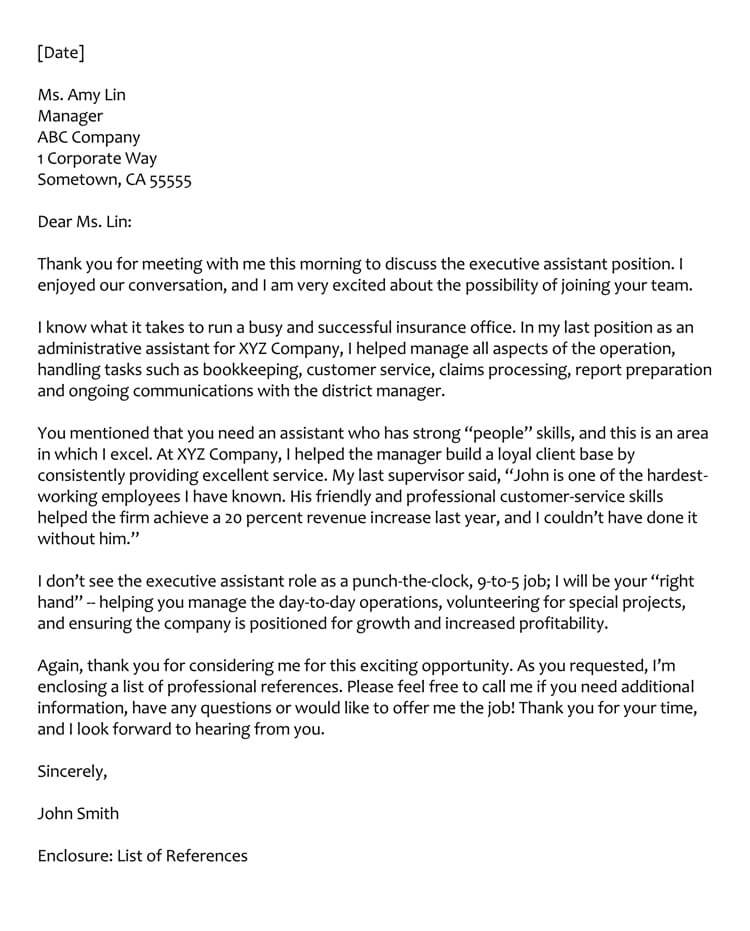
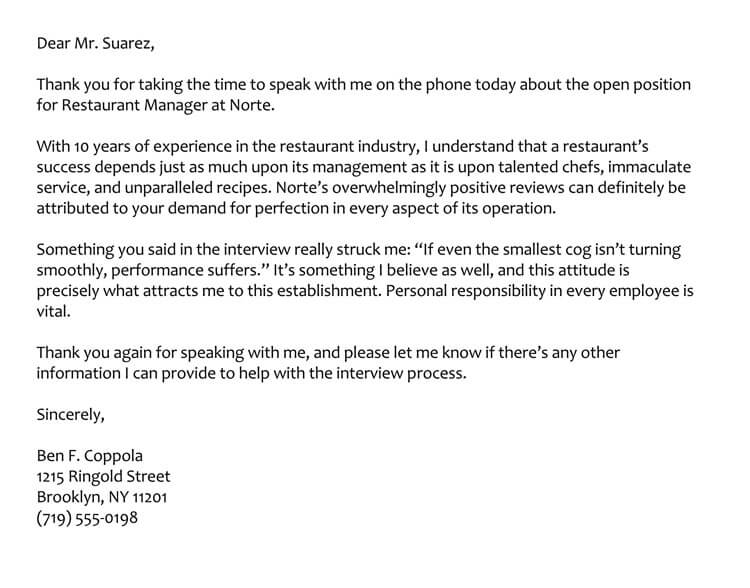
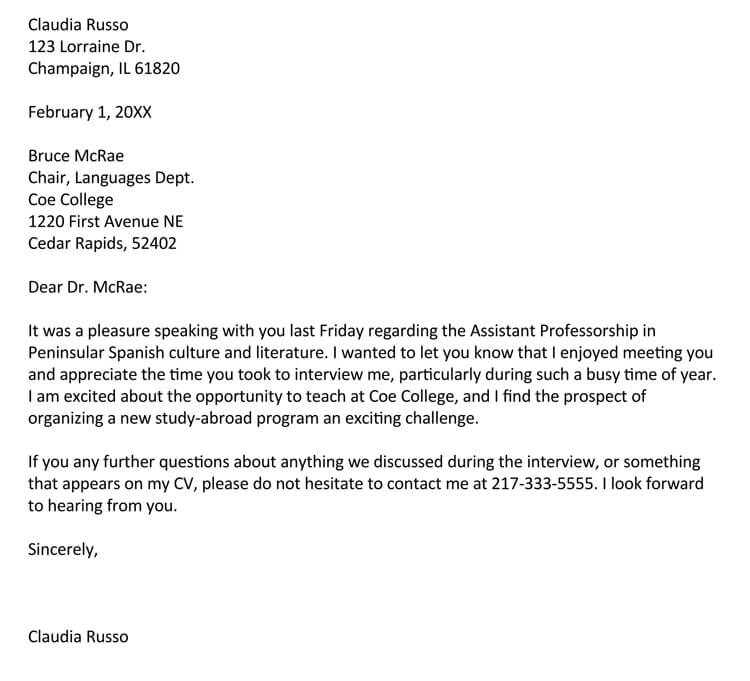
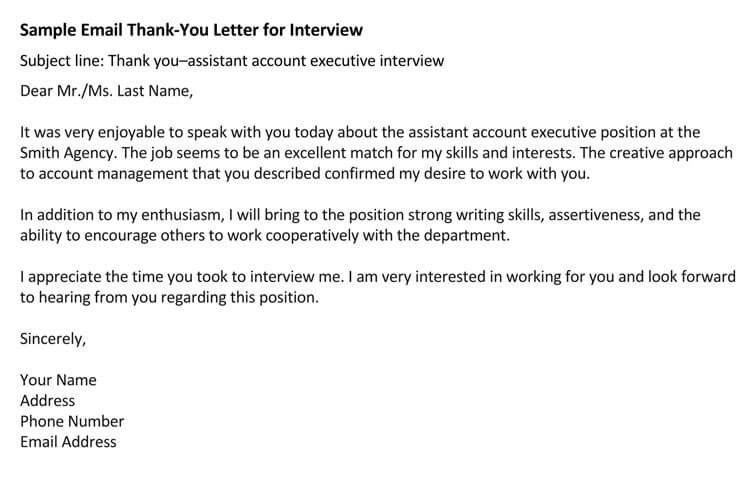
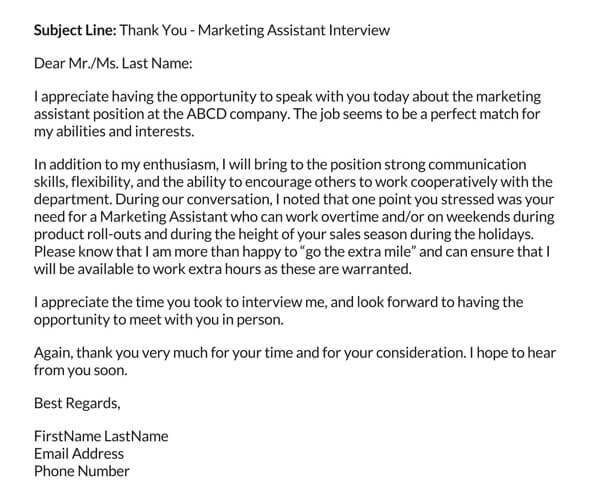
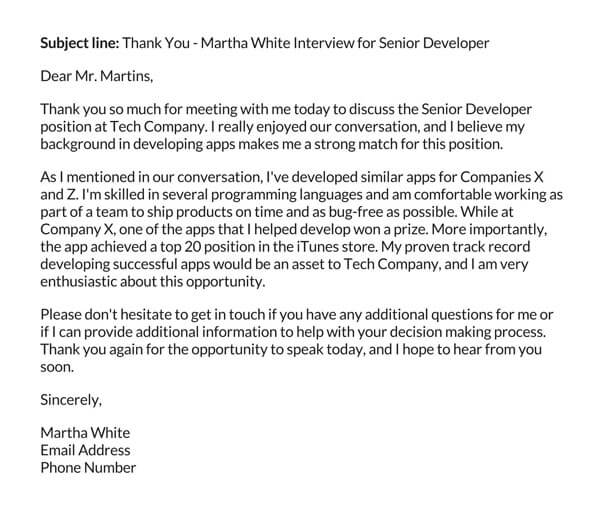
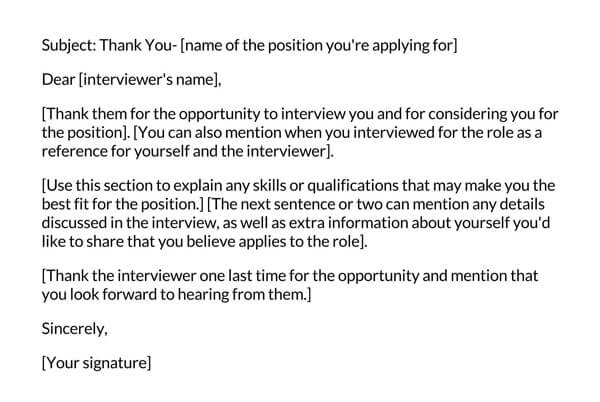
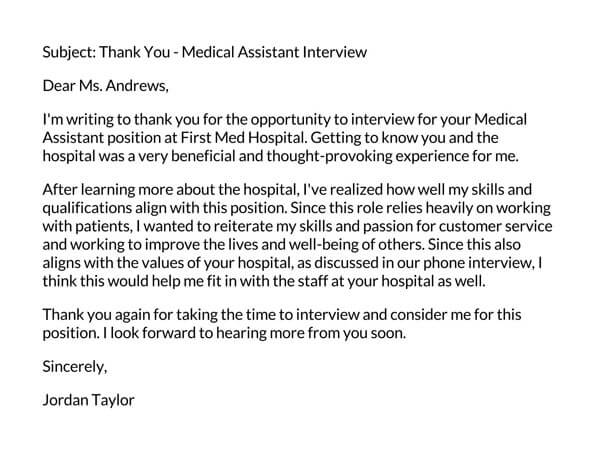
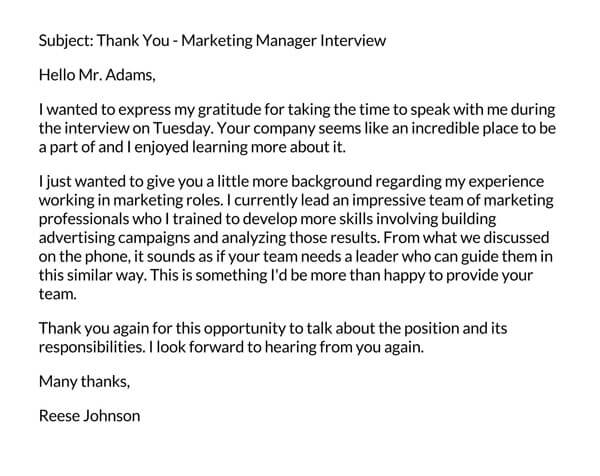
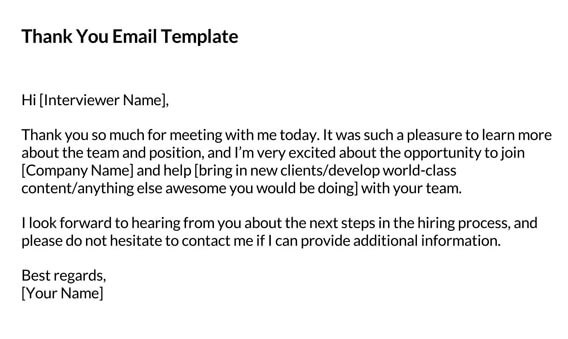
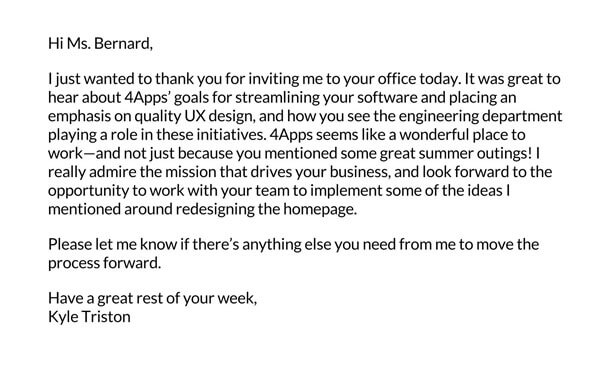
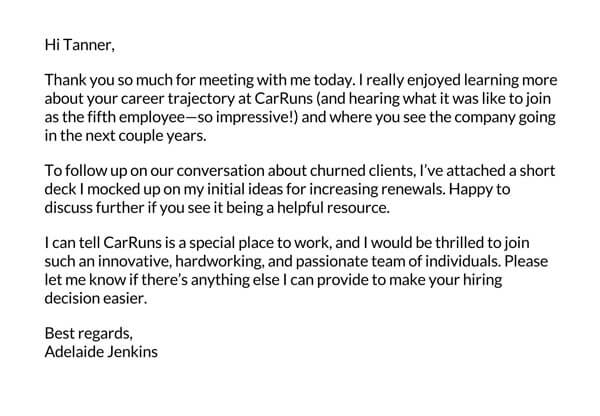
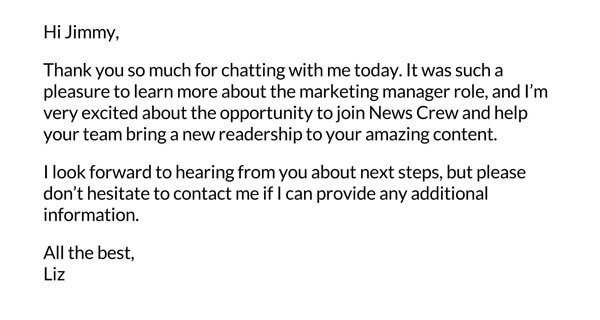
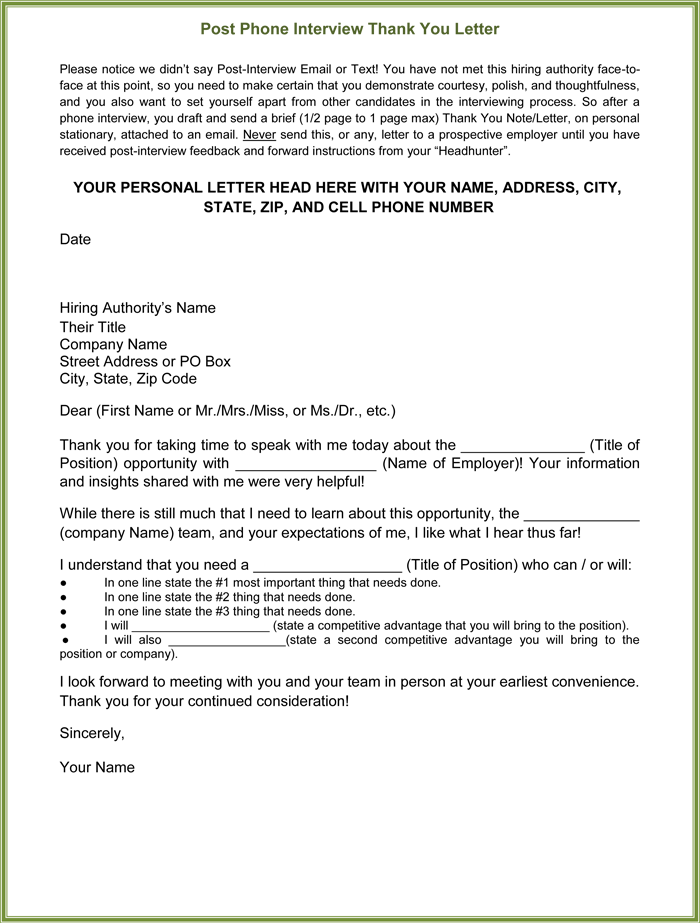
Common Mistakes and How to Avoid Them
Forwarding the email to the wrong person, either by misspelling their name or using the wrong email domain, is the most common type of mistake. To minimize this risk, write down the details on the day of the interview.
note
Adding links to your non-professional social networks and sending more than one thank you email to the same person is also a mistake that makes you look unprofessional.
Asking about your candidacy several times is another common mistake that will make you look desperate. Similarly, justifying yourself for a bad interview also makes you look desperate. What you did in the interview cannot be undone, so focus on the message you want to convey.
Using the email address of your current job to send the email to the interviewers is another mistake that one needs to avoid, as doing so will show a lack of concern enthusiasm as well as professionalism. Instead, you should always email the interviewer using your general professional email.
Professional Tips
A thank-you email, if written properly, can bring one closer to getting a job. Following are some tips that can help in crafting a professional email:
- Brief message: Keep the thank-you message brief but take the chance to tie together information exchanged in the interview. Also, take the opportunity to briefly highlight any qualities one possesses that have to do with the vacancy; however, do not add any unnecessary details.
- Customized email: The email must be addressed individually and personalized to each of the interviewers. Never send them the same message. It shows that one is not interested in the job and is unwilling to put in the effort. Interviewers can also interpret it as unprofessional.
- Keep it simple: Keep the subject simple and in the email, the message refers to the time and date of the telephonic conversation. Mention the brief overview of the interview and highlight your strengths, which make you a good fit for the said position.
- Formal tone: The message should be formal in tone. Use the email address from which the phone interviewer has emailed. Using this email address would make sure that the message does not end up in the spam folder of the sender.
- Verify interviewer’s email: Before sending the email, make sure that the address of the interviewer is correct. One can verify the email even by asking them, and some companies have these details provided on their websites.
- Proofread: Proofread the email for spelling and grammatical mistakes to avoid giving the appearance of sloppiness or lack of knowledge of the language. If possible, ask someone trustworthy to proofread the email.
Frequently Asked Questions
The ideal size of a thank-you email is less than one page; however, in some cases, a one-page letter is also acceptable.
It is extremely important to thank the person within 24 hours of the interview. However, if possible, write an email or a thank you letter as soon as possible. With the help of a letter, the interviewer would also get an idea that you are good at following up, which is a good sign.
When there is a call for the interview or someone wants to know the availability of the person, it is wise to send a thank you note before the interview, as it would depict the good manners of the candidate and would keep you in the good books of the interviewer. Through email, it is possible to reply right away; however, on the phone, you can thank the person when scheduling your interview, especially if there is a voice message left for you.
